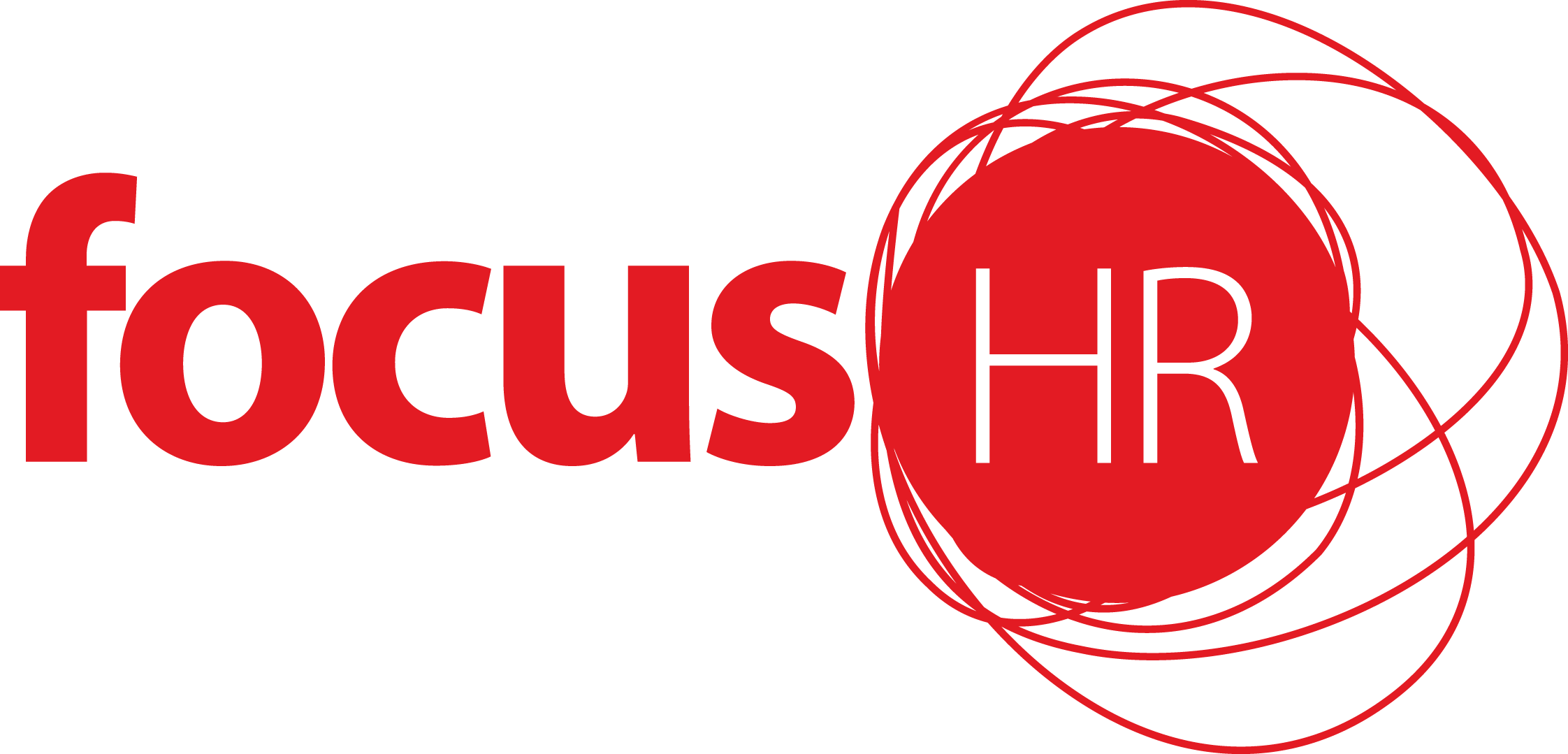Preventing bullying, sexual harassment and discrimination in the workplace is everyone’s responsibility.
Inaction isn’t an option – and the onus is on employers to take meaningful action to ensure their workplace is safe, respectful and inclusive.
In December 2022, a new ‘positive duty’ on employers was introduced to eliminate workplace sexual discrimination and harassment. This positive duty imposes a legal obligation on employers to take proactive and meaningful action to prevent workplace sexual harassment and discrimination, rather than responding after it has occurred.
The Australian Human Rights Commission has the power to investigate and enforce compliance with these relatively new legal obligations.
So, what does non-compliance look like? While there are no case law examples specific to positive duty, there are relevant case law examples under different jurisdictions.
In the case of Oliver vs Bassari [2022], an employee of a beauty therapy company was subjected to sexual harassment and was sexually assaulted by her colleague over a period of almost one year. The sexual harassment entailed sexually suggestive questions and comments as well as unwanted touching. The employee was subsequently diagnosed with PTSD and anxiety. The employer was found to be vicariously liable for the sexual harassment as the employee’s complaints were not addressed or investigated. The employer was fined $150,000 for failing to take reasonable precautions to prevent workplace sexual harassment. Reasonable action would have entailed taking reasonable precautions to prevent further incidents from happening, disciplinary action, education and access to relevant policies.
The case of Swan v Monash Law Book Co-operative [2013] further emphasises the importance of employers properly responding to and dealing with allegations of bullying. The bullying experienced in this case was both direct and indirect (perceived tone and body language), with part of the contentious relationship arising from lack of role clarity that resulted in undermining and belittling behaviour. While the employer acknowledged on multiple occasions what actions needed to be taken – detailed position descriptions, workplace behaviour policies, employment contracts, behavioural reviews – they failed to follow through. The employer was found to have failed to properly define expectations, provide appropriate training, monitor performance, investigate, intervene or counsel employees. The employer also failed to have a formal system or complaints process in place for an employee to seek assistance. The outcome for the employee subjected to ongoing bullying in the workplace was a major depressive disorder and a generalised anxiety disorder with no realistic capacity to return to work. The employee was awarded $600,000 for damages, pain and suffering and loss of enjoyment in life.
The message here is clear – inaction is not an option.
Reasonable steps for prevention can include:
-
Having clear policies about fair treatment in the workplace that is communicated and regularly reviewed or updated
-
Providing information and training for all staff, new and existing
-
Providing education and guidance to managers and supervisors about their obligations and how to respond to issues identified or raised
-
Having a fair and thorough process in place for dealing with complaints.
Has your business made the shift from reaction to prevention?
Our team has developed practical and interactive training to support businesses educate their teams on workplace expectations, obligations and rights, and mitigate the risk of bullying and workplace harassment. Delivered over two sessions, this education covers:
Session 1 (for all workers):
-
What is and isn’t workplace harassment, bullying and sexual harassment
-
The impacts from an individual and organisational perspective
-
Expectations and obligations for all parties
Session 2 (for supervisors and managers)
-
Obligations of organisational leaders – both legally and culturally
-
Actions leaders can take to prevent workplace harassment
-
Learning how to appropriately respond to incidents
Delivery of this training can be tailored to your business needs
To take the first positive step to meeting your positive duty obligations, contact Focus HR to schedule this crucial training for your team.

